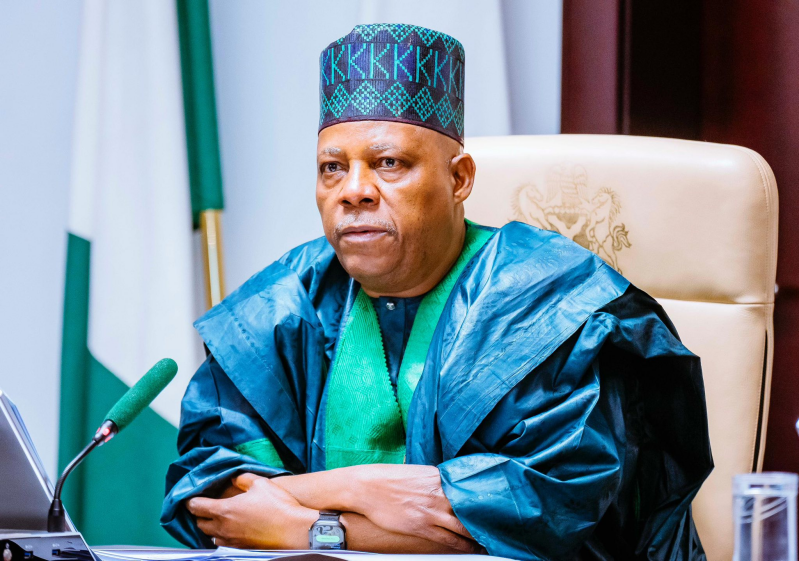
Vice President Kashim Shettima on Tuesday presided over the 7th meeting of the National Council on Skills (NCS) at the Presidential Villa, Abuja, where he reaffirmed the Federal Government’s determination to strengthen Nigeria’s skills acquisition framework as a critical driver of economic growth.
Speaking at the session, the Vice President stressed that Nigeria could no longer afford fragmented efforts in building human capital.
“The era of working in isolation is over. We must embrace collective action if we are to deliver on the promise of equipping Nigerians with the skills needed for innovation, productivity, and national development,” Shettima said.
The Vice President specifically praised Kaduna State Governor, Senator Uba Sani, for pioneering the establishment of the first State Council on Skills in Kaduna, which he also chairs. He described the move as “exemplary and forward-looking”, urging other state governments to replicate the model in order to localize and deepen skill development initiatives across the federation.
Other stakeholders at the meeting echoed the Vice President’s call. Representatives from the Federal Ministry of Education, Industrial Training Fund (ITF), and the National Board for Technical Education (NBTE) highlighted the need for stronger synergy between federal and state programmes to avoid duplication of efforts.
According to one participant, “Nigeria must ensure that skills training is not just about certification but about real competencies that can translate into jobs and entrepreneurship.”
The Council also reviewed ongoing reforms in vocational education, apprenticeships, and the integration of digital skills into school curricula. A consensus emerged on the importance of aligning Nigeria’s training ecosystem with the demands of a rapidly evolving global economy, particularly in areas such as technology, green energy, and creative industries.
Policy implications from the meeting point to an expanded role for subnational governments in skills planning, stronger engagement with the private sector, and a renewed emphasis on linking training outcomes with industry needs.
Vice President Shettima concluded the meeting with a rallying call:
“If we are serious about tackling unemployment and unlocking Nigeria’s demographic advantage, then skills must take center stage. This is a national project that demands the buy-in of all stakeholders.”
The meeting brought together governors, ministers, heads of regulatory agencies, private sector representatives, and development partners, signaling a whole-of-government and whole-of-society approach to Nigeria’s skills development agenda.
Reported by: Stone Reporters News
📩 info@stonereportersnews.com | 🌍 stonereportersnews.com
📘 Facebook: Stone Reporters | 🐦 X (Twitter): @StoneReportNews


Add comment
Comments